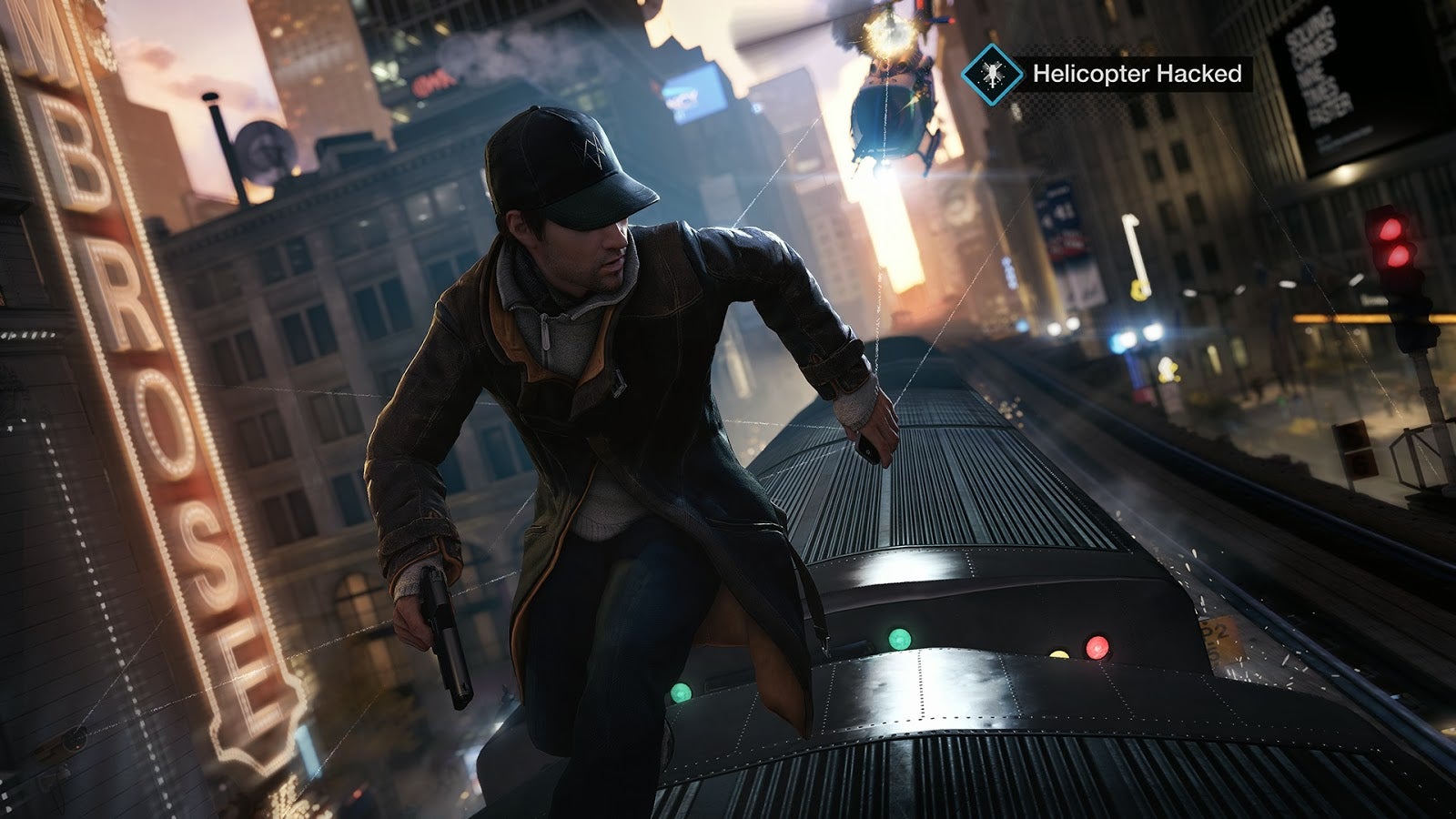Watch Dogs review round-up: GTA with hacks, but not quite a world beater
This next-gen title adds a welcome dose of electronic mayhem to the sandbox genre, but falls short in terms of graphics and story

Ever since the launch of the Xbox One and PS4 last year, gamers have been waiting for the killer game that finally justifies their ‘next generation’ status.
Some might argue that Titanfall delivered that first jolt of the new with its cat-and-mouse killer-robot game play for Microsoft’s machine, and still more have been hoping that open-world techno-thriller Watch Dogs will do the same for Sony’s console.
First teased at E3 in 2012, this much-anticipated title (created by Ubisoft Montreal, the developers responsible for smash-hits including the Assassin’s Creed series and Far Cry 2) has so far been well received by reviewers, although lacklustre graphics and a limp narrative will probably hold the title back from superstar status.
Set in a near-future rendering of Chicago, Watch Dogs follows the exploits of hacker extraordinaire Aiden Pierce who is able to manipulate his surroundings in all sorts of ways thanks to a magic wand masquerading as a smartphone and an oh-so hackable ‘city-wide operating system’ that controls everything from CCTV cameras to electricity infrastructure.
This creates a web of possible exploits for Pierce to bend to his advantage, with Arthur Gies of Polygon praising this factor for distinguishing Watch Dogs from other open-world games, with an “emphasis on refinement where other games seem content with just enough.”
Gies however criticizes the game for offering “constant opportunities for side jobs” that are ‘totally uninteresting’, noting its open-world structure the game felt most satisfying when players were busy preparing for individual missions, using their hacking abilities to jump from CCTV to CCTV and plan an operation.
Over at the Metro, David Jenkins finds little to relish in the “surprisingly low stakes thriller plot” that puts the emphasis on characters that are “all pretty flatly written and entirely unmemorable.”
However, Jenkins also praises the game’s flexibility, noting that the array of stealth mechanics can be applied to missions that are “clearly intended to be action-orientated,” adding that “all the component parts of the gameplay are perfectly solid, even if they never come close to matching a dedicated shooter, driving game, or stealth title.”
Forbes’ reviewer Paul Tassi notes that somewhat disappointingly, the game is “far more like Grand Theft Auto than you were probably anticipating,” being “sold as a game based around hacking and subterfuge, but in practice, nearly every other mission devolves into massive shootouts behind chest-high walls.”
Tassi thinks that overall Watch Dogs is “unsure of its own identity,” but that it still “maybe one of the best games in the sandbox genre,” with an extensive world of “something like 40 different types of minigames and sub-missions in Watch Dogs” making the game “an OCD completionist’s dream (or nightmare, depending on how you want to look at it)”.
Overall it seems that Watch Dogs has fallen short of the hype generated by its long lead time and apparent attention to contemporary fears about corporate surveillance and hackable cities. Despite this, reviewers have marked it out as one of the better titles of 2014 - but it's still a long way off being that killer title still missing from the next-gen consoles.
Join our commenting forum
Join thought-provoking conversations, follow other Independent readers and see their replies
Comments
Bookmark popover
Removed from bookmarks